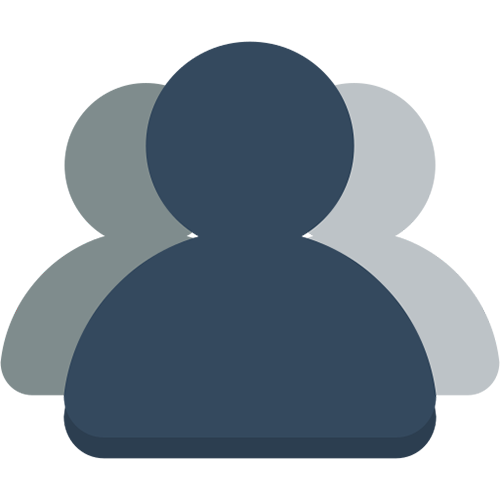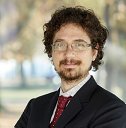Jacobs University Bremen is a
prestigious private university
established in 2001 in Germany. It is represented
by 134 scientists in the AD Scientific Index. The
university’s scientists are particularly concentrated in
Engineering & Technology (35 scientists), Natural Sciences (30 scientists), and Social Sciences and Humanities (22 scientists).
* Total H Index Rankings
Ranking Based
On Selection :1

photonics
organic electronics
photovoltaics
optical sensor
optoelectronics
H-Index Metrics
Total
Last 6 Years
Last 6 Years / Total
43
26
0.605
* Total H Index Rankings
Ranking Based
On Selection :2

Robotics
Artificial Intelligence
H-Index Metrics
Total
Last 6 Years
Last 6 Years / Total
41
24
0.585
* Total H Index Rankings
Ranking Based
On Selection :3

Wireless Communications and Signal Processing
H-Index Metrics
Total
Last 6 Years
Last 6 Years / Total
31
18
0.581
* Total H Index Rankings
Ranking Based
On Selection :4

AI
Robotics
navigation
machine perception
fault management
H-Index Metrics
Total
Last 6 Years
Last 6 Years / Total
18
13
0.722
* Total H Index Rankings
Ranking Based
On Selection :5

Information Causality
Directed Information
Statistical Learning
H-Index Metrics
Total
Last 6 Years
Last 6 Years / Total
2
1
0.500
Dietmar Knipp
H-Index Metrics
Total
Last 6 Years
Last 6 Years / Total
43
26
0.605
photonics
organic electronics
photovoltaics
optical sensor
optoelectronics
Andreas Birk
H-Index Metrics
Total
Last 6 Years
Last 6 Years / Total
41
24
0.585
Robotics
Artificial Intelligence
Giuseppe Abreu
H-Index Metrics
Total
Last 6 Years
Last 6 Years / Total
31
18
0.581
Wireless Communications and Signal Processing
Francesco Maurelli
H-Index Metrics
Total
Last 6 Years
Last 6 Years / Total
18
13
0.722
AI
Robotics
navigation
machine perception
fault management
Simona Cabuz
H-Index Metrics
Total
Last 6 Years
Last 6 Years / Total
2
1
0.500
Information Causality
Directed Information
Statistical Learning

